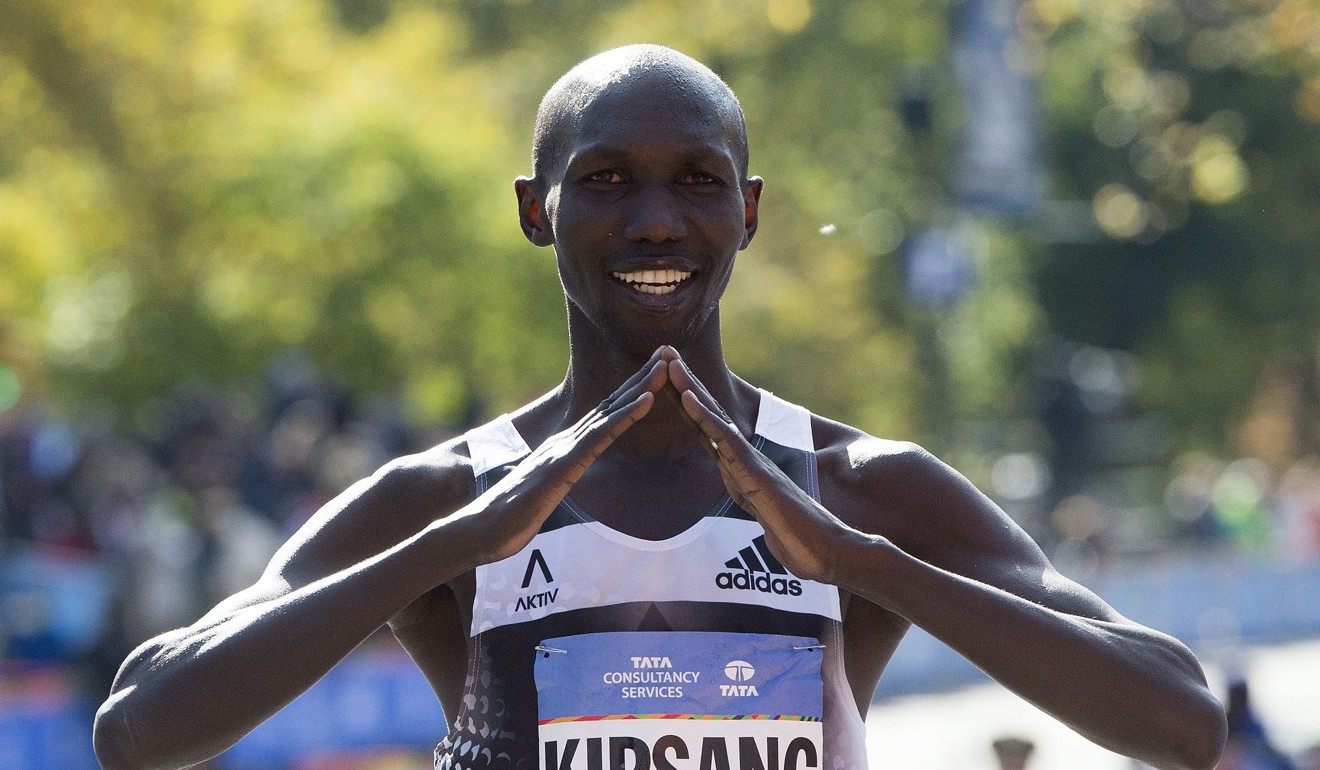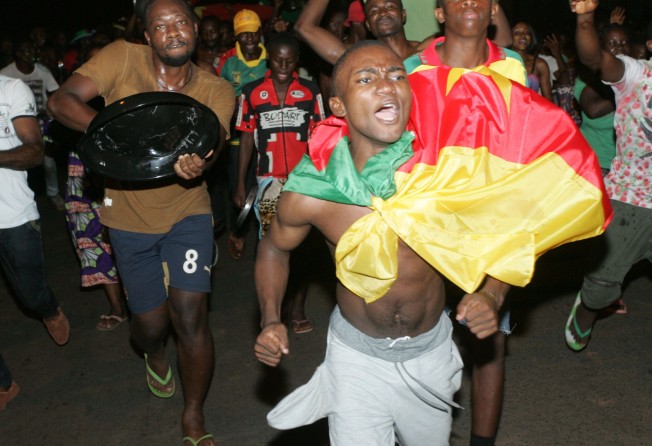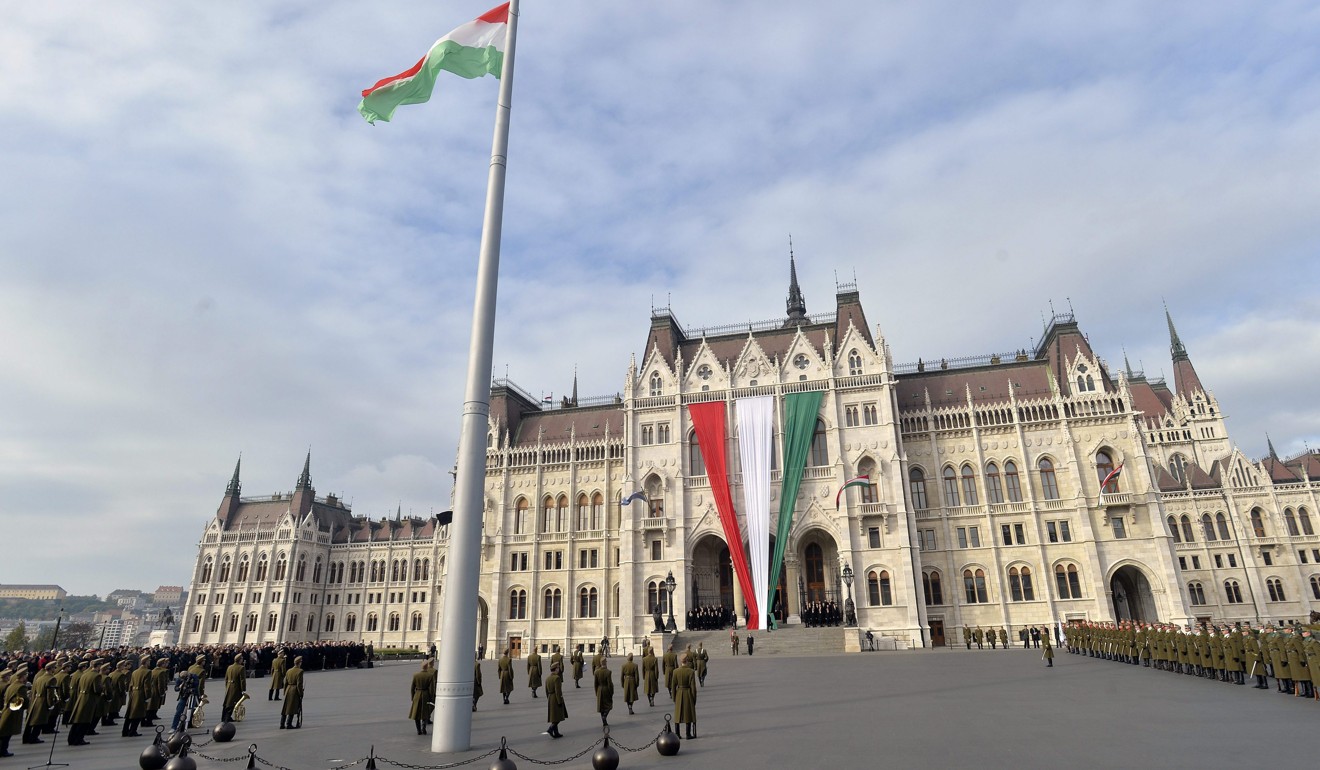
Don’t expect Russia’s soccer World Cup to attract many asylum seekers, even if major sporting events can be a fast track to defecting
David Dodwell says athletes from poorer countries – especially in Africa – frequently use international sports events to find better opportunities in the host country, though there may not be much of that in Russia this year

While most of the 4,400 athletes competing at the recent 2018 Commonwealth Games sought one of the 275 gold medals up for grabs, some had a much more discrete agenda: defection.
At the last count, almost 30 had disappeared, many without even competing. Most were from Nigeria or Cameroon, though others were from Rwanda, Uganda, Ghana and Sierra Leone.
It seems Australia is a magnet for such ambitions. In the Sydney Olympics in 2000, it was reported that dozens tried to remain in Australia, while at the 2006 Melbourne Commonwealth Games, 19 athletes sought asylum. One of the more famous was Omari Kimweri, a Tanzanian boxer who hid for nine months on a tobacco farm outside Melbourne before turning himself in to seek asylum. Ten years later, he won the World Boxing Council silver flyweight title – as an Australian.
Clearly, many athletes from the developing world see international competitive sport as a fast track to asylum and a foreign passport – and a potential passport to fortune. It can be Cuban soccer players defecting to the United States (33 have done so since 1999), with a policy that allows residency once they set foot on US soil (the US issues special visas to “aliens of extraordinary ability”). Or maybe Pakistani squash players following in the footsteps of legendary world champion Jahangir Khan. Or Samoan or Tongan rugby players playing for New Zealand, Australia, Japan – and even English rugby teams.
The stories are similar: successful athletes in developing countries have found sporting achievement as valuable a route to riches as any academic accomplishment.

Look at Kenya’s long-distance runners, dozens from the Maasai tribal areas in the west, who even without an urge to emigrate have been able to parley their athletic prowess into substantial fortunes. In Eldoret, in the Uasin Gishu highlands, marathon millionaires own more than a third of the area’s real estate. One, Wilson Kipsang, won the 2014 London Marathon, earning US$55,000 for winning, a further US$100,000 for a sub-2.05 hour time, and a final US$25,000 for setting a course record. His fellow female long-distance runner Mary Keitany noted: “Athletics, like any other career, is to make a better future.”
While Czech gymnast Marie Provazinkova was the first “modern” athletic asylum-seeker in 1948, the single most dramatic defection was at the 1956 Melbourne Olympics. While the 83-strong Hungarian team competed in the Games, the Soviet army invaded and cracked down on the country’s leadership. Forty-three Hungarian athletes refused to fly home, and most eventually won US citizenship.

With the cold war still simmering, an east German tobogganist and 13 east European fans sought exile from the 1964 Innsbruck Winter Olympics. In the 1972 Munich Olympics, 117 defected.
By the time of the 2012 Olympics in London, asylum-seekers were no longer from the Soviet bloc, but were Africans seeking a secure future away from deeply troubled, impoverished home countries. Seven of the 60-strong Cameroon squad disappeared, along with Ethiopia’s torch-bearer and three athletes from Sudan.
Athletic asylum seekers tend to be from poor, troubled countries. But teams from truly draconian regimes – like the former Soviet Union, 1960s China or North Korea today – have tended not to escape because of a ferociously disciplined “minder” regime – often one minder for every athlete.
Defections tend only to occur when sporting events are held in rich, asylum-friendly countries. Take Cameroon’s Thomas Essomba, who tried to defect at the 2008 Beijing Olympics. When he “found that economic prospects were not too good, not to mention political prospects”, he gave himself up and returned home. Perhaps unsurprisingly, Essomba is among the 30 athletes to disappear during the Gold Coast Commonwealth Games.
Defections tend not to occur during the Winter Olympics, not least because competitors have to be comparatively wealthy to compete at the highest levels, and so have limited incentives to defect. That is also probably why Hong Kong saw no defections while it was hosting the equestrian competitions in China’s 2008 Olympics.
They also tend not to occur during Fifa World Cups – perhaps in part because most of the top soccer players, or those with high-earning potential, are already being systematically headhunted by the world’s leading clubs. Having said that, there seems to be heavy traffic during World Cup qualifying games, particularly in Africa. Eritrea in particular built something of a reputation – with six players defecting to Angola in 2007, 12 to Kenya in 2009, 17 to Uganda in 2012 and 10 to Botswana in 2015.
Watch: Fifa unveils official poster for 2018 World Cup
Which brings us to Russia as host of this year’s Fifa World Cup. With 32 teams at 12 different venues across the country, there are in theory lots of opportunities to defect. But, on balance, I sense the temptation to remain in Vladimir Putin’s Russia is likely to be muted. Putin would no doubt regard it as a vote of the highest confidence in the Russian economy.
Much more interesting will be if the joint US-Canada-Mexico bid to host the 2026 World Cup proves successful. If between now and then, Donald Trump does not wreak too much havoc, there might be a sudden surge of asylum-seeking. We will know within the week whether the US bid has been successful – or whether Morocco has won the day. Asylum-seeking into Morocco might be more subdued – except for plucky, persistent Eritreans.
David Dodwell researches and writes about global, regional and Hong Kong challenges from a Hong Kong point of view